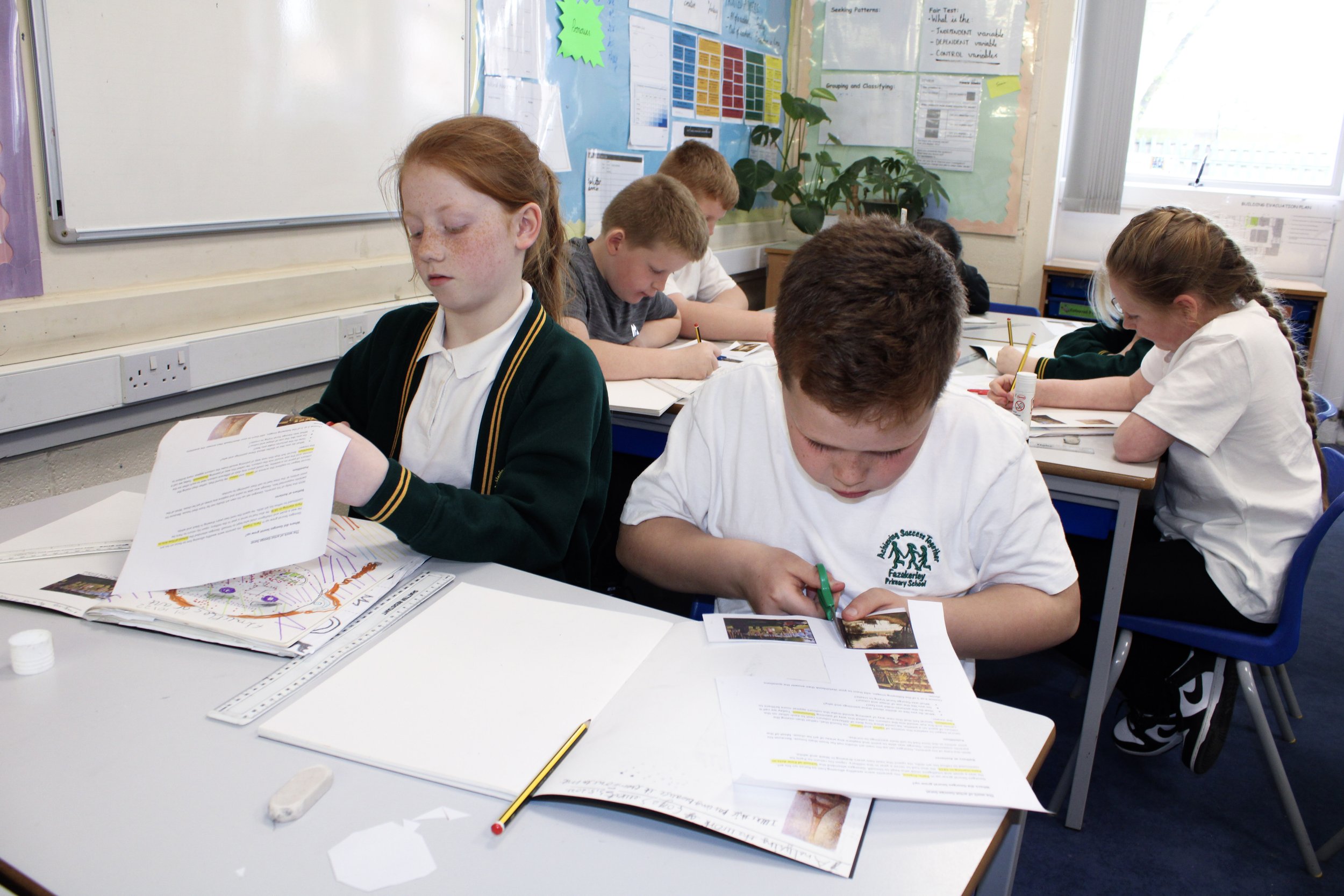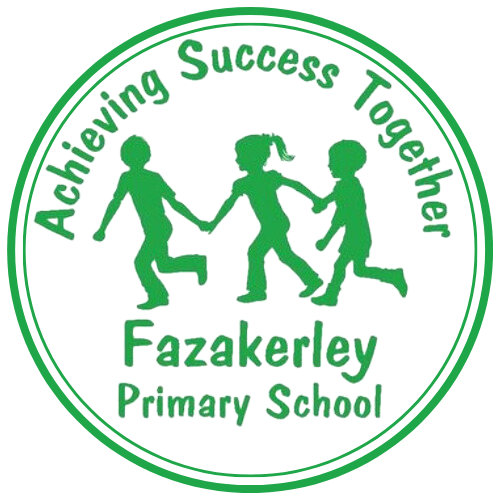
History
History
at Fazakerley Primary School
The History Leader is Miss S Thomas
The history long term plan is supported with 18 separate medium term plans which outline the sequence of lessons in the unit, identifies key vocabulary, highlights historical concepts, prior and upcoming learning pertinent to the unit as well as identifying the key knowledge and skills within the unit.
History Subject Specific Pedagogies.
In addition to our generic pedagogies, which are:
Flexible groupings
Revisiting prior learning from lessons
Retrieval of prior knowledge in different contexts
Visualisers for modelling
I do, we do,you do
Chunking lesson
Dual coding
Strategies for remembering
Sequential graphics
Working walls (consistent subject specific design)
Explicit teaching of vocabulary. (E.g. Use of visualiser / demonstrate methods and techniques).
We also have the following subject specific pedagogies for History:
Each unit begins with Chronology and either builds a timeline using physical resources (KS1) or a bracey timeline (KS2) exploring concurrence.
In KS2 all Autumn units are British History. These are taught chronologically.
In KS2 all Spring units are World History. Many of these are happening concurrently.
In KS1 and KS2 all Summer units are Local History.
Each lesson is linked to specific historical concepts
The beginning of each unit references previously taught periods of time.
Comparisons are regularly made between civilisations and periods of time
Regular representation of the subject within ‘Low Stakes Friday Curriculum Quiz’ to reinforce KS&U and aid cognitive load. Teachers guided by subject lead’s key questioning document.
Formative assessment approaches are applied at all times in each lesson however, the final lesson in the unit, is an ‘end of unit assessment lesson’.
SEND adaptations are made for pupils who need them e.g. visuals and recording on SEESAW
We make use of storytelling to capture children's imagination. Stories of significant events, characters, and cultures help children to connect emotionally with the past.
We make use of Primary Sources and Artefacts in all units. We introduce children to primary sources like letters, photographs, maps, diaries or artefacts related to the historical period being studied. Encourage students to analyse these items as "history detectives."
Extracurricular opportunities – trips, home school project
Each unit has an overarching question
Enquiry question for each lesson – e.g. “When was Ancient Greece?”
Assessment throughout each lesson
Children will be exposed to primary and interpretive sources throughout the sequence of learning
Use of CE and BCE terminology but acknowledging BC and AD when children come into contact with them via resources
